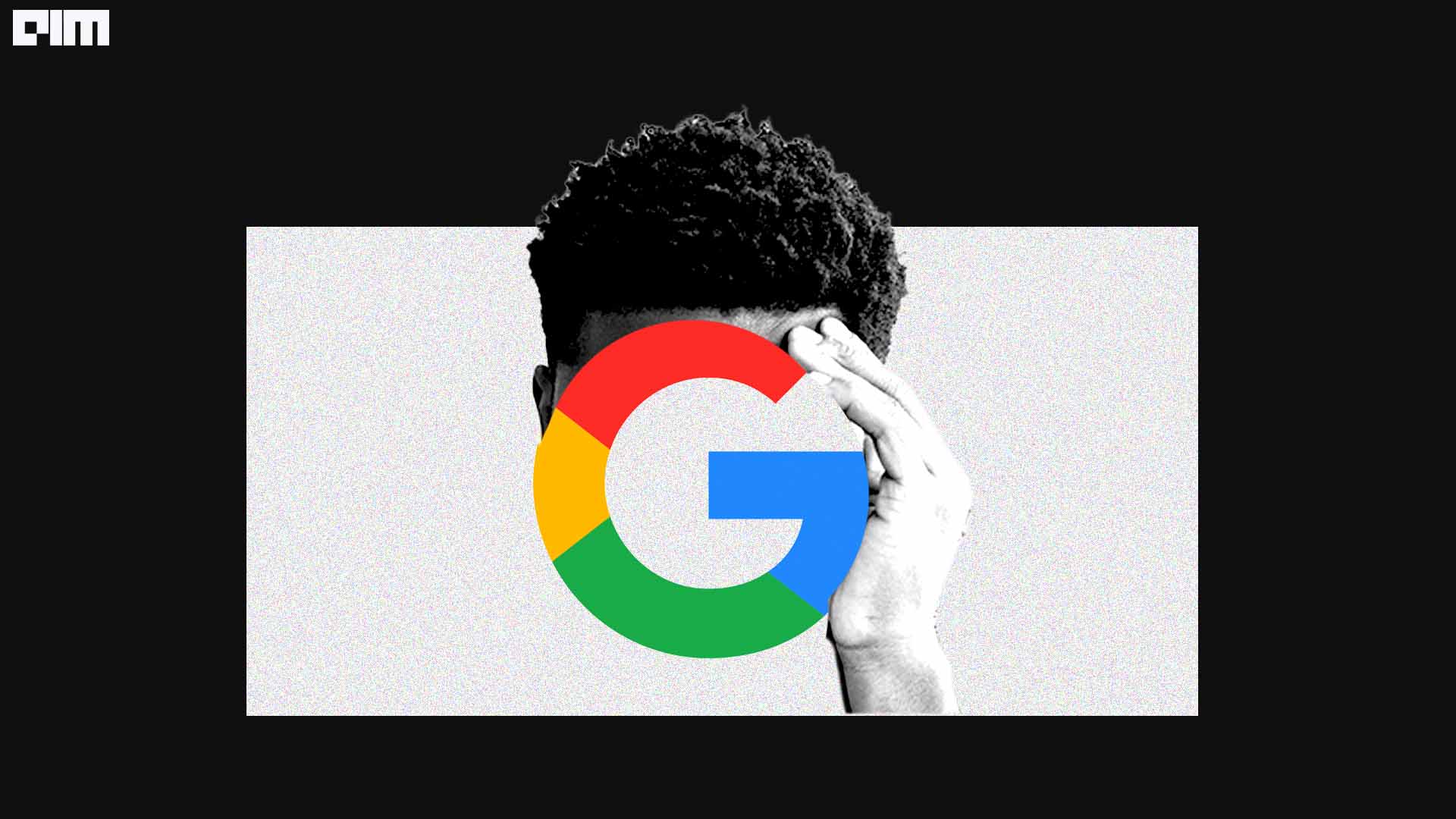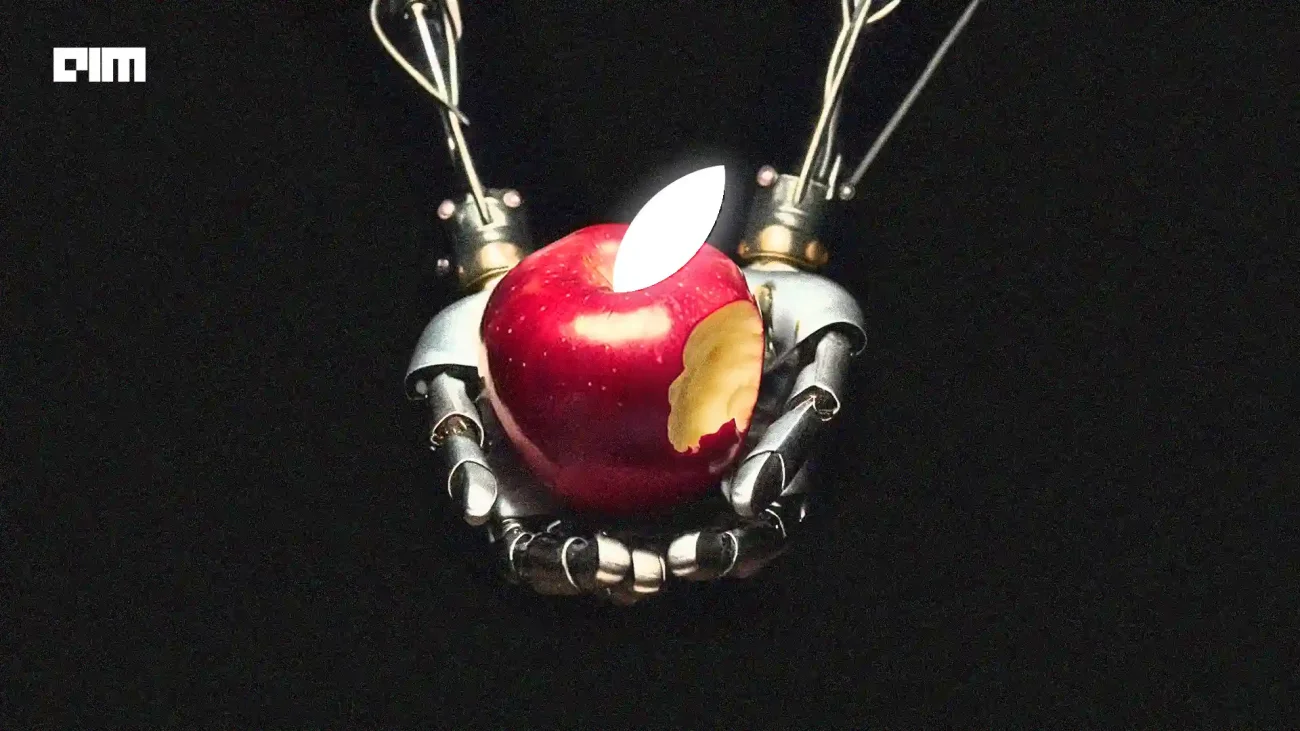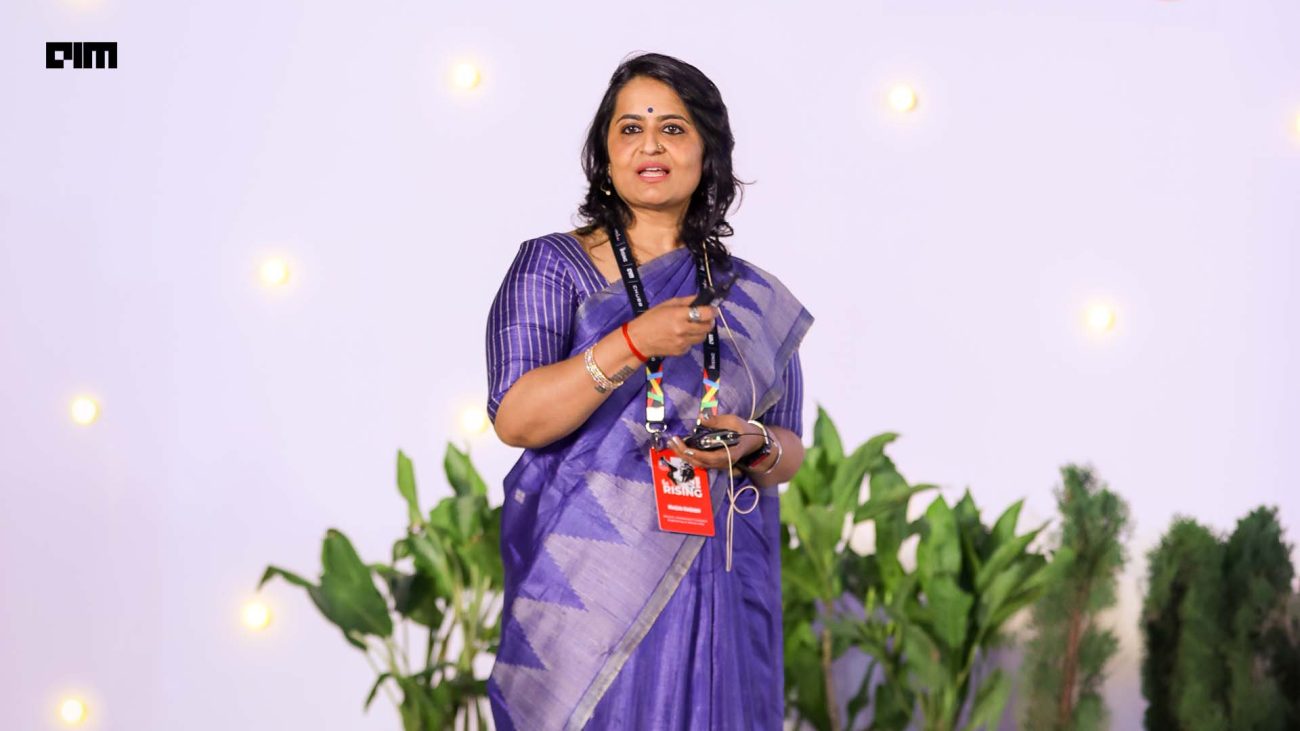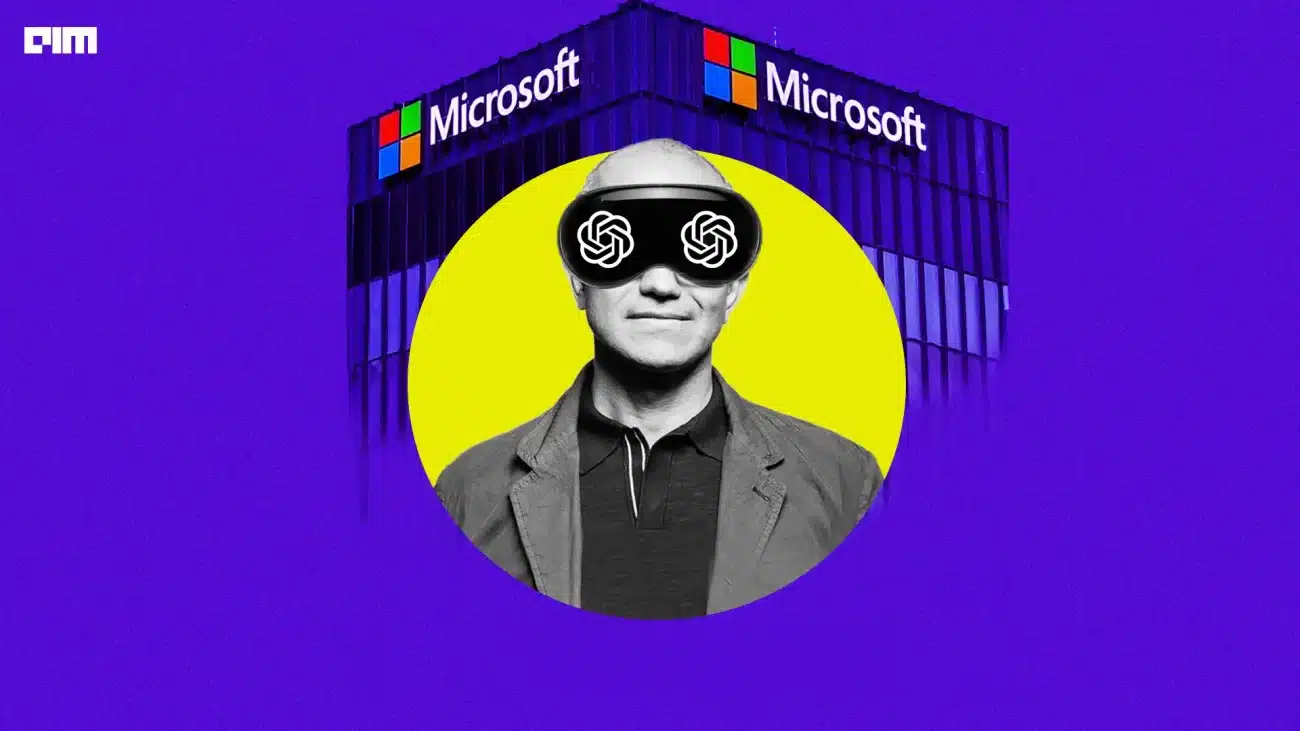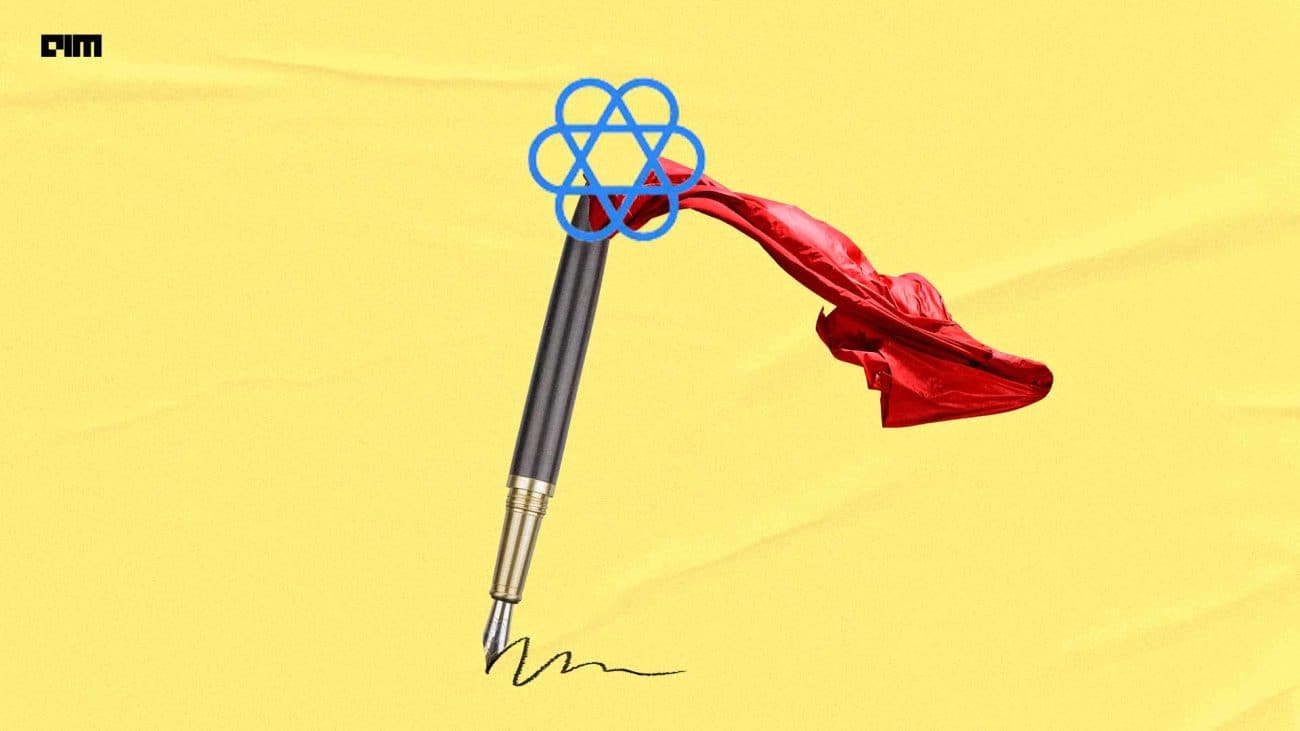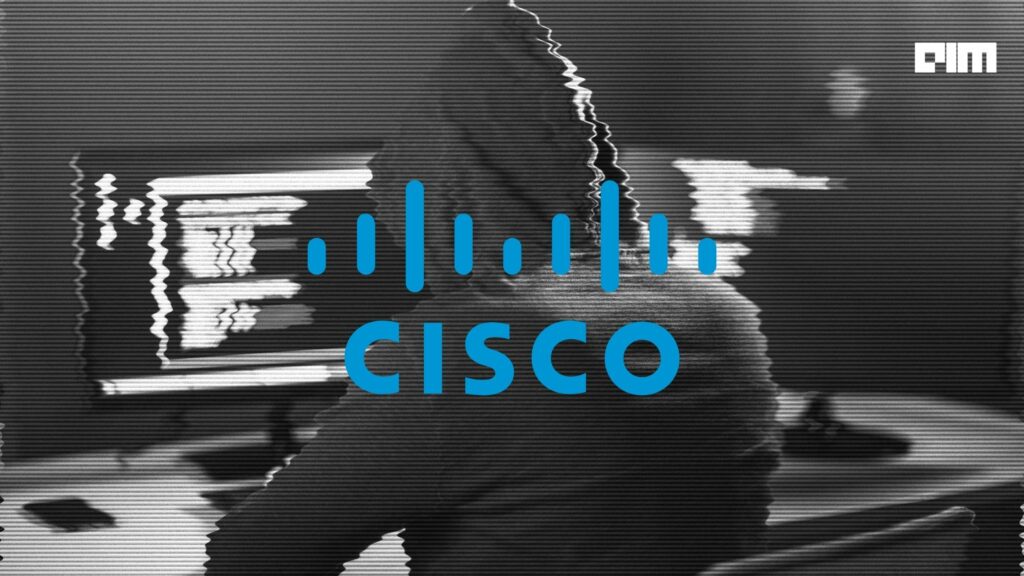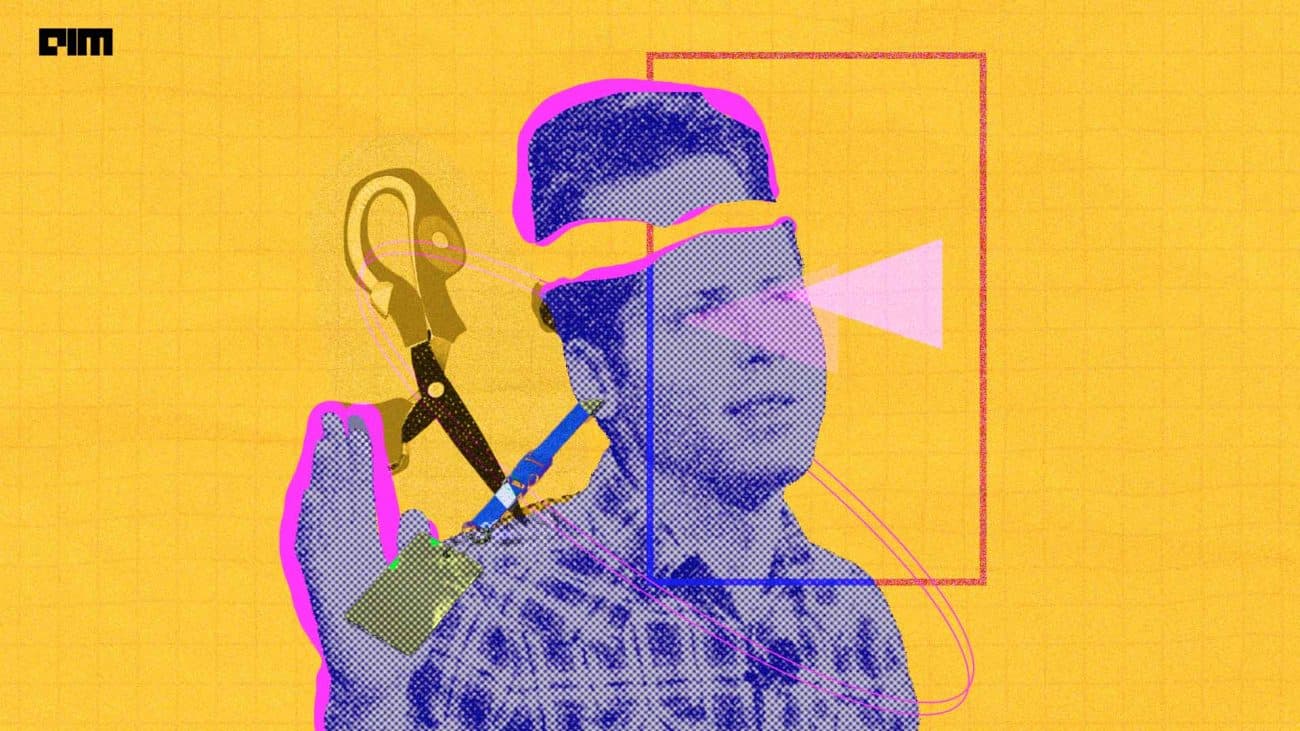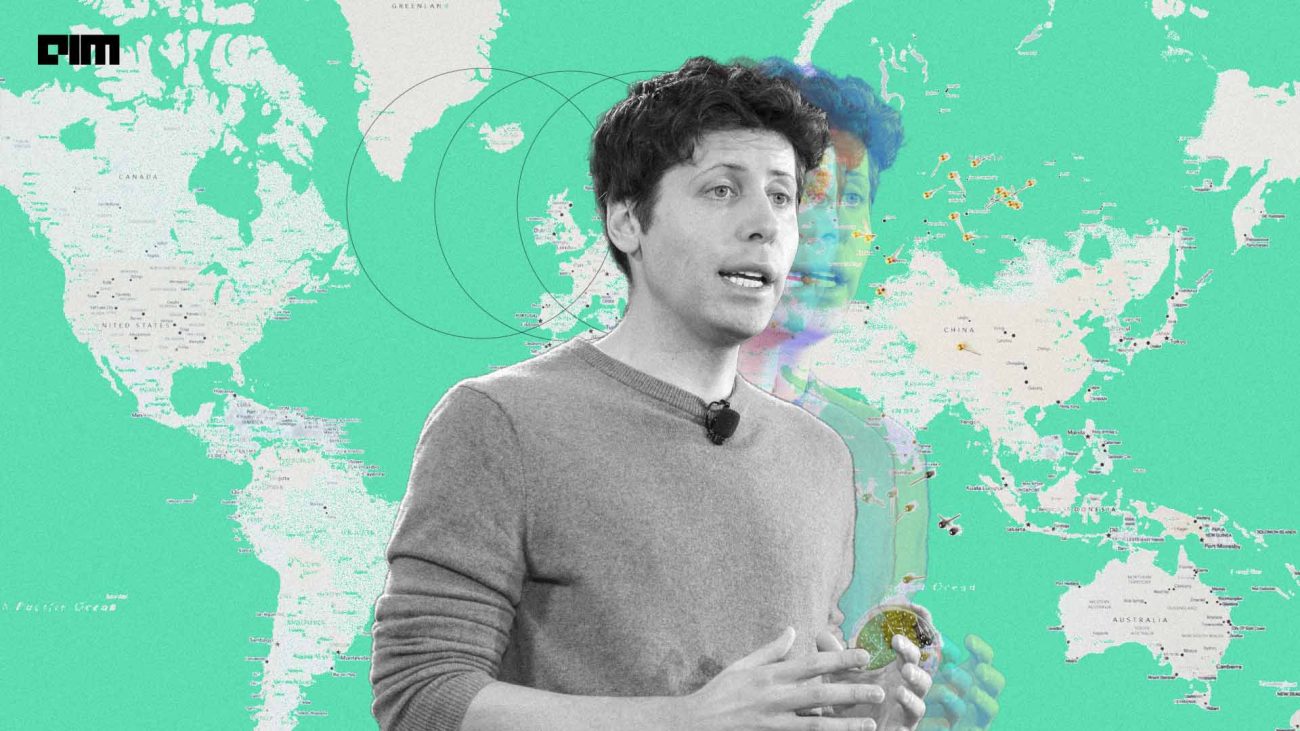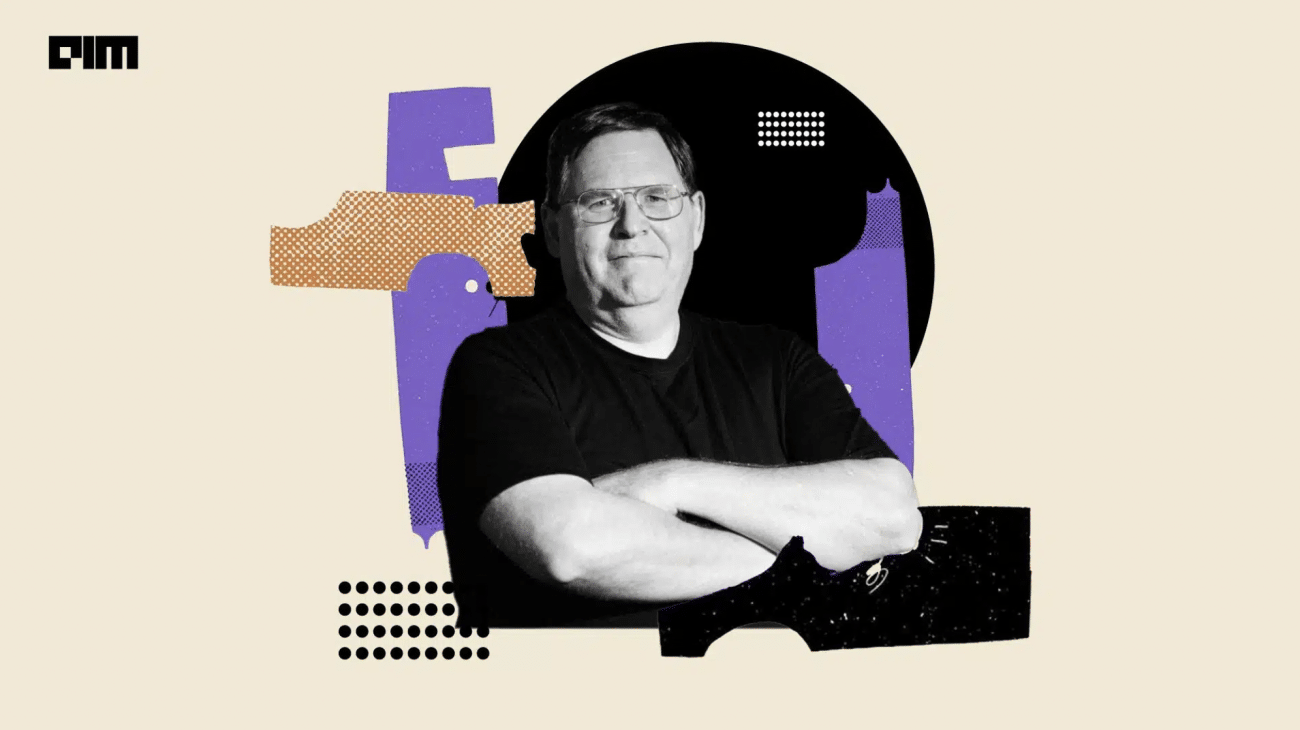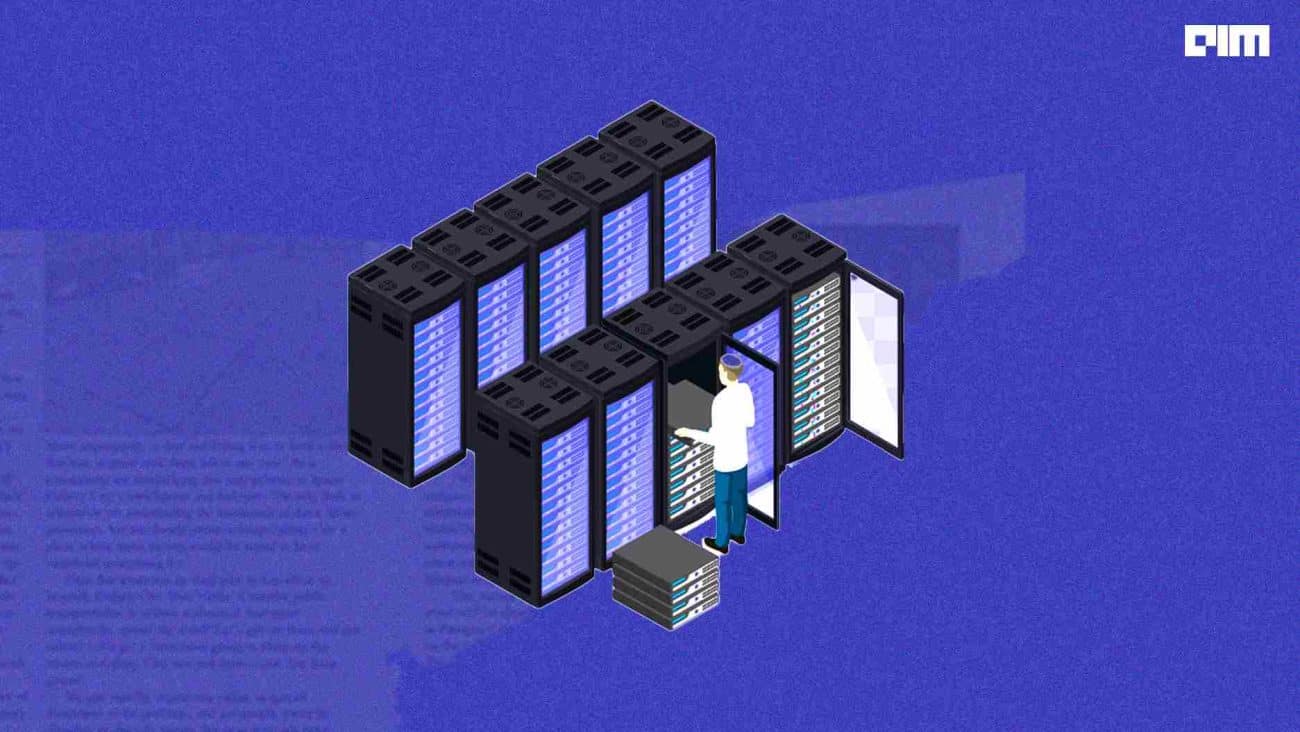|
Listen to this story
|
Google founder Larry Page envisioned the search company as a great AI platform whose mission would remain unfulfilled until its search engine becomes AI-complete. However, it seems that the enormous ambition of the former co-founder has fizzled out, considering the current state of Google in the AI space. The once-market leader in AI is now playing second fiddle to OpenAI, looking to replicate the latter’s success by aping its products.
The main focus of Google I/O this year was Bard, a conversational agent with access to the Internet and a direct shot at OpenAI’s ChatGPT. In a mad rush to get Bard to the market, the Mountain View giant seems to have ignored its rich history of AI innovation, leaving them behind as another product killed by Google.
Code Red gone wrong
In December last year, ChatGPT’s success raised a furore at Google, prompting CEO Sundar Pichai to declare a Code Red for Google Search. According to a source at the company, executives believed that the chatbot could hamper Google’s ads business, which function mainly through Google Search.
This then prompted a frenzied rush to create a competing chatbot, resulting in the release of Bard in February. In classic Google fashion, the tech giant forgot all about their previous endeavours in AI and chased the shiny new chatbot trend.
In actuality, Google’s AI efforts started even before the founding of OpenAI, built on their treasure trove of user data. Google first began dabbling in machine learning in the early 2010s, with the first big announcement coming in the form of Google Now in 2012.
Google Now used machine learning to recommend news articles based on their search history. This then evolved to the Google Assistant, which used voice recognition and built on the legacy of Google Now to be a digital assistant to users. This slowly transitioned into a company-wide strategy.
Sundar Pichai, the CEO of Google, stated in a quarterly financial results call in 2015 that “Machine learning is a core, transformative way by which we’re rethinking how we’re doing everything. We are thoughtfully applying it across all our products, be it search, ads, YouTube, or Play. And we’re in the early days, but you will see us — in a systematic way – apply machine learning in all these areas.”
Fast forward to today, and this strategy has come to fruition. Google Search uses the PageRank algorithm for determining top spots, Google Ads use responsive ads for better targeting, and YouTube’s recommendation algorithms set the standard for content recommendations.
The company also has a rich history of AI research, stemming from its Google Brain division, now integrated into DeepMind. The team behind Google Brain included AI superstars like Andrew Ng, Samy Bengio, Ilya Sutskever, and Geoffrey Hinton. This team was responsible for the research behind Google Translate, GANs, and transformers —— the ’T’ of ChatGPT.
However, it seems that Google forgot about these strategies and advancements with the runaway success of ChatGPT.
Google Brain drain
There is also a long list of people leaving Google behind to start their own AI companies. Dario Amodei, the CEO of Anthropic, worked as a senior research scientist at Google Brain. Cohere was also founded by Aidan Gomez and Nick Frosst, both leading researchers at Google Brain.
Andrew Ng, one of the co-founders of Google Brain, now works closely with OpenAI and is the founder and CEO of deeplearning.ai. More recently, Geoffrey Hinton, the so-called godfather of AI, recently left Google, citing concerns over AI risk.
This has left Google in a sticky situation, bleeding AI talent in the midst of a recession. It is also unable to capitalise on the AI needs of the day, and its future is looking bleak as well. In a leaked document, a senior Google researcher stated that Google has “no moat” when it comes to AI. This document also conceded defeat to the open source community, while putting OpenAI in the same boat as itself.
However, the difference between Google and OpenAI in this scenario is that OpenAI releases its products to market first, and then optimises them based on users’ experience. Google, on the other hand, is making a lot of noise on using AI, but the products are being released at a trickle. According to reports, executives mentioned AI 143 times over the course of the two-hour keynote. However, the only product that was opened to the public after the keynote was Google Bard, which the company reminds its users is ‘experimental’.
Even as Google sets the stage for their ‘bold and responsible AI’ products ‘coming soon’, it seems that they have already fallen behind in the AI race. Ignoring their rich history of bringing AI innovation to the market, Google is running behind the shiny new thing, seeming to miss the forest for the trees.


